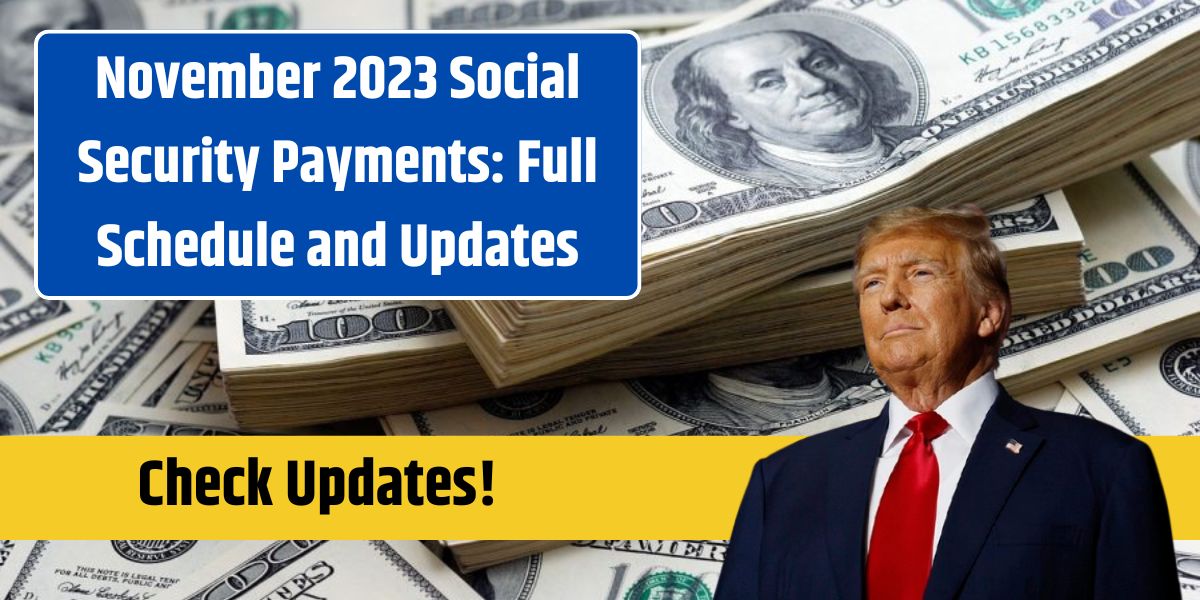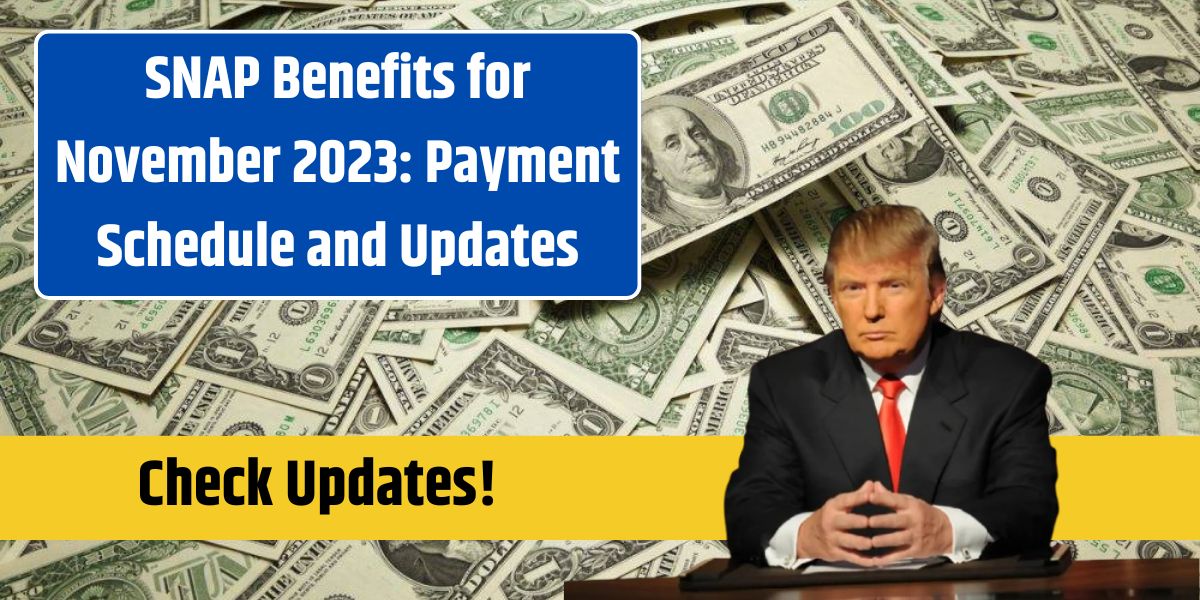Understanding how Social Security payments are scheduled can be a bit tricky, especially when unique scenarios occur, like receiving two checks in one month. With the Social Security Administration (SSA) adjusting payment schedules based on various factors, it’s important for beneficiaries to stay informed and know when to expect their money. Here’s an easy breakdown of how it all works.
How Social Security Schedules Payments
The Social Security Administration has an organized and systematic approach to distributing payments. The payment dates differ based on the type of benefits and when beneficiaries first enrolled.
Key Factors in Determining Payment Dates
- Benefit Start Date: The main factor distinguishing payment schedules is the date recipients began collecting benefits. If you started receiving Social Security before May 1997, your payments are simpler: you’ll receive your funds on the third of each month, regardless of the day of the week. This rule applies regardless of the type of Social Security benefits you receive.
- Programs and Weekly Distribution:
- Supplemental Security Income (SSI): Payments are made on the first of each month. If the first falls on a weekend or a holiday, the payment is issued on the last business day before it.
- Old Age, Survivors, and Disability Insurance (OASDI): For beneficiaries enrolled in these programs after May 1997, payments are distributed on Wednesdays, divided by birth dates:
- Born on the 1st-10th: Paid on the second Wednesday of each month.
- Born on the 11th-20th: Paid on the third Wednesday.
- Born on the 21st-31st: Paid on the fourth Wednesday.
This consistent method helps the SSA manage a large number of payments efficiently throughout the month.
Why Some People May Receive Two Checks in the Same Month
Occasionally, SSA payment schedules overlap, resulting in beneficiaries receiving two checks within a short period. This occurs primarily because of how holidays and weekends impact payment dates. When a regular payment date falls on a non-business day, the SSA moves the payment up to the preceding business day.
Example Scenario
For instance, pre-May 1997 Social Security recipients would typically get paid on November 3. However, if that date falls on a Sunday, the payment is moved up to Friday, November 1. This adjustment can coincide with the SSI payments, causing some beneficiaries to receive two payments simultaneously.
The purpose of this policy is to ensure that recipients aren’t left waiting for funds, which could lead to financial difficulties in covering essential expenses, like groceries, rent, or medical bills.
Average Social Security Payments
The amount you receive depends on your specific benefit program and work history. As of September data from the SSA, here are the average payments for different programs:
- Retirement Benefits: $1,873.08
- Survivor Benefits: $1,509.06
- Disability Benefits: $1,402.44
- Supplemental Security Income (SSI): $697.27
These figures give a general idea of what beneficiaries can expect. However, individual amounts vary based on work history, age, and other eligibility criteria.
Starting Your Social Security Payments
If you’re approaching the age to collect Social Security or are considering applying, it’s crucial to understand each program’s eligibility requirements. These can vary significantly:
- Old Age Benefits: Available starting at age 62, though waiting until your full retirement age increases your monthly payment.
- Disability Insurance: Requires proof of a disability that prevents you from working, with specific medical and work history criteria.
- Survivor Benefits: Can be claimed by spouses, children, or dependents of deceased beneficiaries under particular conditions.
- SSI: A needs-based program for low-income individuals who are aged, blind, or disabled.
The SSA’s official website is a valuable resource for understanding the necessary steps and documentation for each type of benefit. Reviewing the eligibility guidelines carefully can help streamline the application process and prevent delays.
How do I know which Wednesday I’ll be paid?
Your payment date depends on your birth date. If you were born from the 1st-10th, you’re paid on the second Wednesday; 11th-20th on the third Wednesday, and 21st-31st on the fourth Wednesday.
Why does my payment date change sometimes?
If your payment date falls on a holiday or weekend, the SSA reschedules it to the nearest preceding business day, ensuring you receive your funds without delay.
Will I always get two checks in a month if a payment is advanced?
No, this situation only occurs when a payment date coincides with a holiday or weekend adjustment. It doesn’t mean your payment amount increases.





















